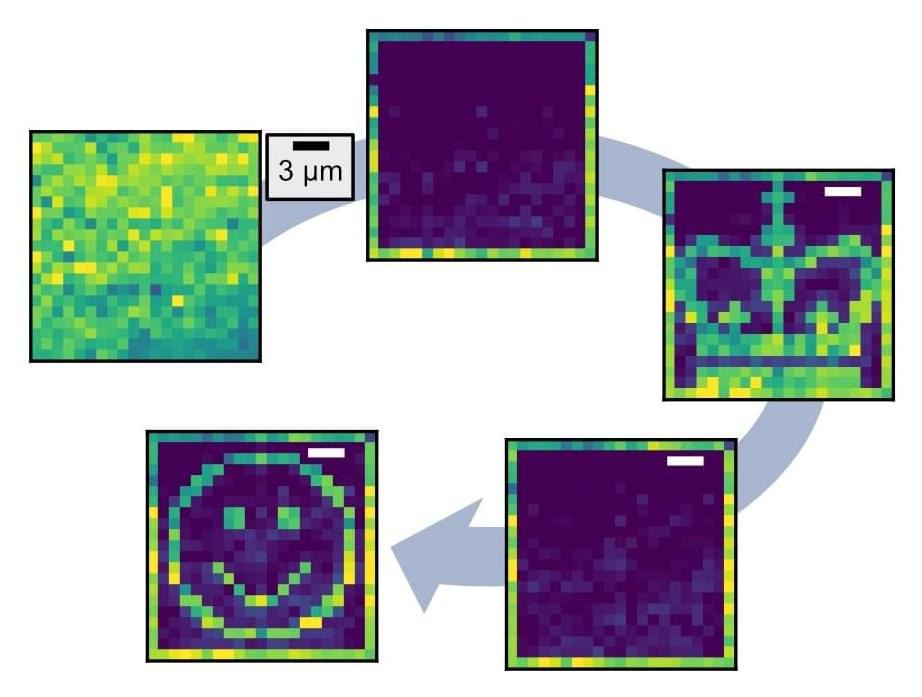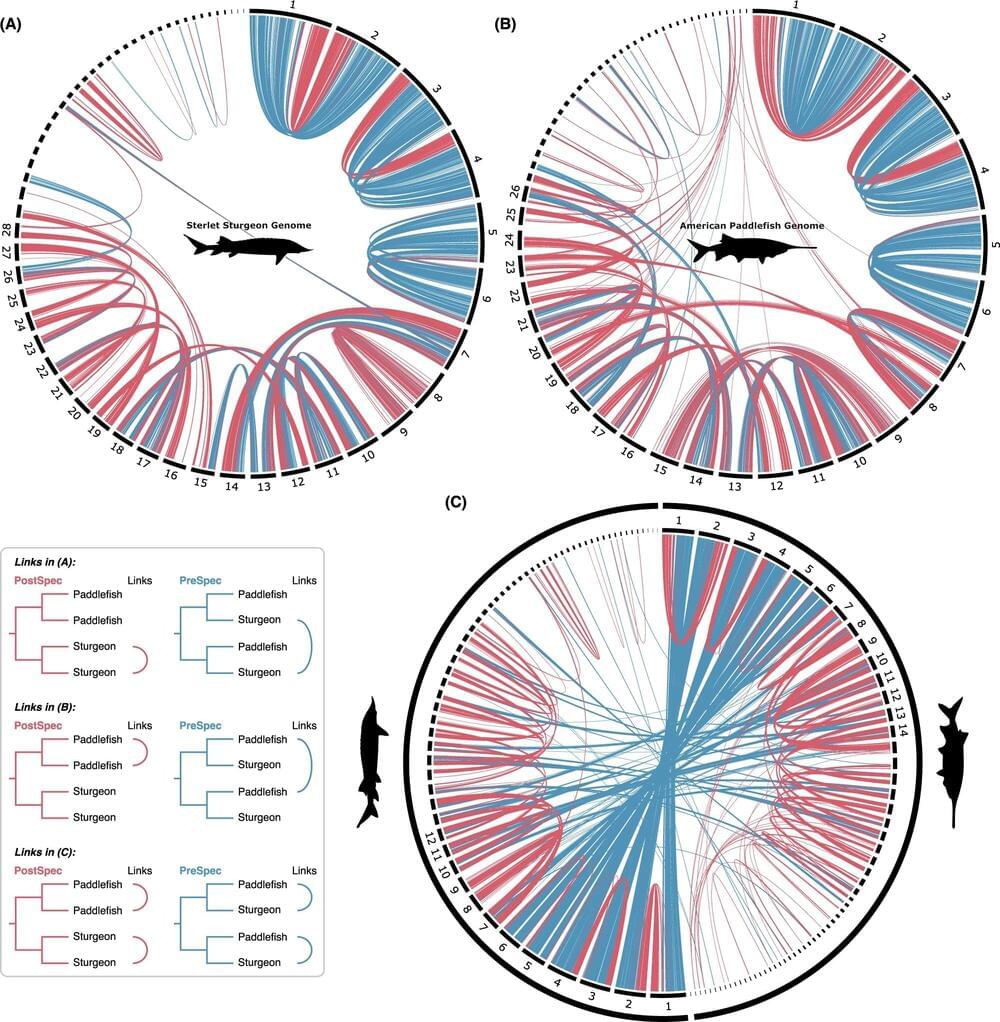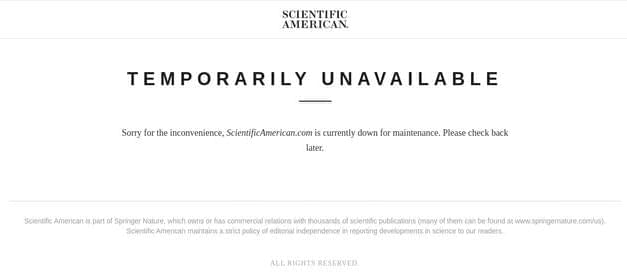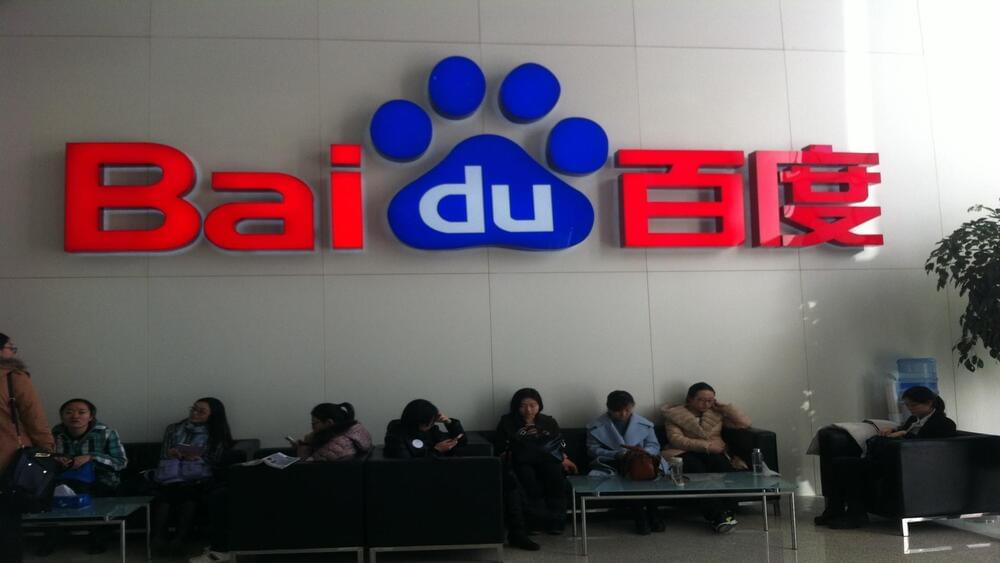“” This achievement connects synchrotron X-rays with quantum tunneling process to detect X-ray signature of an individual atom and opens many exciting research directions including the research on quantum and spin (magnetic) properties of just one atom using synchrotron X-rays,” Hla said.”
A team of scientists from Ohio University, Argonne National Laboratory, the University of Illinois-Chicago, and others, led by Ohio University Professor of Physics, and Argonne National Laboratory scientist, Saw Wai Hla, have taken the world’s first X-ray SIGNAL (or SIGNATURE) of just one atom. This groundbreaking achievement could revolutionize the way scientists detect the materials.







